Photo credits: The Encyclopedia Britannica
Elizabeth Freeman (pictured left) was born into slavery in Claverack, New York in 1742.
During the 1770s, Freeman lived in the household of Colonel John Ashley of Sheffield, a prominent citizen who at that time also served as a judge of the Berkshire Court of Common Pleas. Colonel Ashley purchased Freeman from a Mr. Hogeboom when she was six months of age.
Upon suffering physical abuse from Ashley’s wife, Freeman escaped her home and refused to return. She found a sympathetic ear with attorney Theodore Sedgwick, the father of the writer Catherine Sedgwick. Apparently, as she served dinner to her masters, she had heard them speaking of freedom—in this case, freedom from England—and she applied the concepts of equality and freedom for all to herself.
In 1781, Freeman, with the assistance of Sedgwick, initiated the case Brom and Bett v. Ashley, which set a precedent for the abolition of slavery in Massachusetts. According to the Massachusetts Judicial Review, the 1781 Berkshire county case of Brom and Bett v. Ashley, often referred to as the “Mum Bett” or Elizabeth Freeman case, was unique.
This was because it occurred less than one year after the adoption of the Massachusetts Constitution. In contrast to prior freedom suits, there was no claim that John Ashley, the slave owner, had violated a specific law. This case was a direct challenge to the very existence of slavery in Massachusetts (Rivera, 2007).
Once free, Freeman stayed with the Sedgwick family as a servant in gratitude to Theodore Sedgwick. Sedgwick in arguing a later case used the example of Freeman when he said in defense of the abolition of slavery: “If there could be a practical refutation of the imagined superiority of our race to hers, the life and character of this woman would afford that refutation.”
Civil Rights leader and historian W. E. B. Du Bois claimed Freeman as his relative and wrote that she married his maternal great-grandfather, “Jack” Burghardt. However, Freeman was 20 years senior to Burghardt, and no record of such a marriage has been found.
It may have been Freeman’s daughter, Betsy Humphrey, who married Burghardt after her first husband, Jonah Humphrey, left the area “around 1811”, and after Burghardt’s first wife died (c. 1810). If so, Freeman would have been Du Bois’s step-great-great-grandmother. Anecdotal evidence supports Humphrey’s marrying Burghardt; a close relationship of some form is likely.
Freeman died on December 28, 1829 at 85 years of age (Rivera, 2007).
Reference: Rivera, A. (2007, January 17) Elizabeth Freeman (Mum Bett) (1742-1829). Retrieved from https://www.blackpast.org/african-american-history/freeman-elizabeth-mum-bett-1742-1829/
Research sources: Sidney Kaplan and Emma Nogrady Kaplan, The Black Presence in the Era of the American Revolution (Amherst: The University of Massachusetts Press, 1989); “The Mum Bett Case,” Massachusetts Constitution Judicial Review http://www.mass.gov/courts/jaceducation/constjuslavery.html#d; Gay Gibson Cima, “Phillis Wheatley and Black Women Critics: The Borders of Strategic Visibility,” Theater Journal 52:4 (2000), 465-495.
A portion of this page’s content was sourced from a Wikipedia article. The contents are publicly available under the CC BY-SA 4.0 license.
*BlackThen.com writer and historian Victor Trammell edited and contributed to this report.





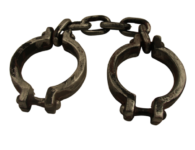


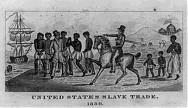
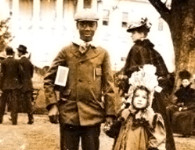

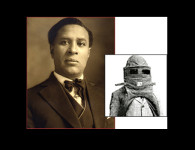

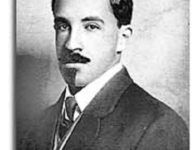

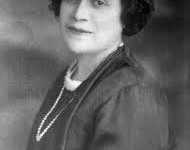


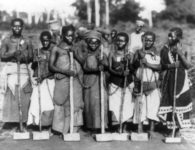


No comments